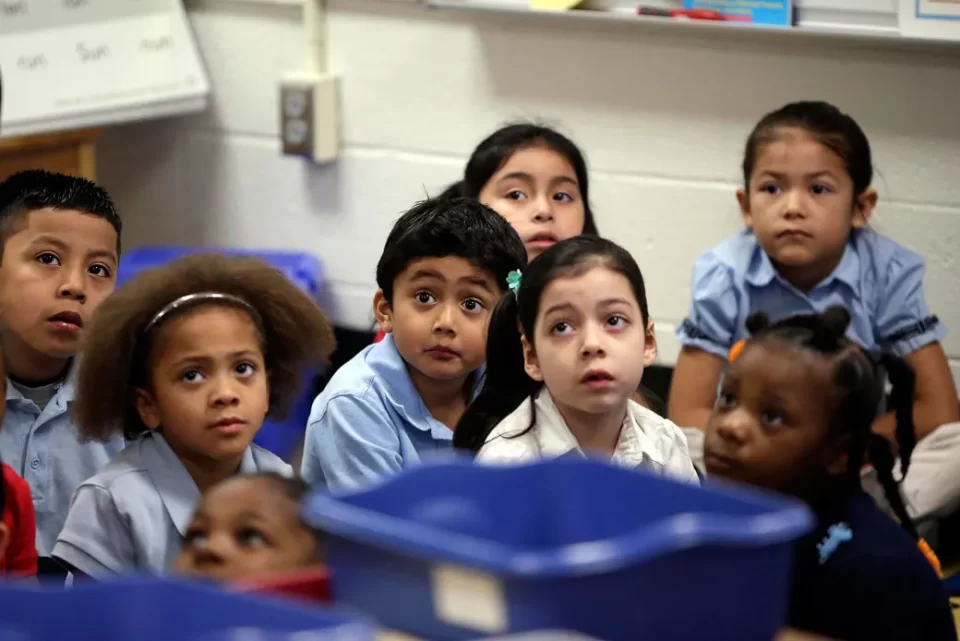To ensure an inclusive and equitable educational system, it is imperative to address the educational challenges faced by students with disabilities effectively. Educators who specialize in specific subjects can significantly enhance their support for these students by understanding and adapting to their unique needs, abilities, weaknesses, preferred learning styles, and any other special requirements they may have. Collaboration with a Special Education Resource tutor to devise bespoke support plans is highly recommended.
Adopting a Multifaceted Approach to Learning
Recognizing that students, including those with exceptional needs, absorb information in diverse ways is crucial. Educators should remember that each student has a unique method of learning when teaching a subject. Therefore, the incorporation of various teaching methods, including practical activities and visual aids, is advised.
Ensuring Accessibility to Comprehensive Course Materials
Accessibility to learning materials is vital for all students. Educators should ensure the availability of materials in different formats and sizes to cater to the needs of all students, including those who are blind or dyslexic and may require assistive technology for reading. Achieving full inclusion involves making sure that all students have access to the same information through resources they can use.
Utilizing Assistive Technology to Facilitate Learning
The introduction of assistive technology in the classroom can substantially enhance the learning experience for students with disabilities. Technologies such as screen readers, voice control systems, and magnification software can significantly improve a student’s ability to meet their learning objectives. Educators who believe in the benefits of assistive technology should advocate for its acquisition and use.
Fostering a Motivating Learning Environment
It is widely acknowledged that motivation is a key driver of effort and achievement. According to numerous studies by the American Psychological Association, individuals who feel valued and supported exhibit higher levels of well-being and satisfaction. There is a direct correlation between students’ academic success and the empathy, understanding, and support they receive. Facilitating peer support programs that promote cooperation and reduce the stigma associated with unique learning needs can lead to a more inclusive classroom environment.
Enhancing Parental Collaboration
The collaboration between parents or guardians and special education tutors is crucial for the success of students with disabilities. Maintaining open and effective channels of communication is essential. Methods such as conference meetings, email correspondences, and progress reports can be used to keep parents informed about their child’s academic progress. Communication with parents of children with disabilities should consistently meet accessibility standards.
For instance, providing a printed progress report may not be useful for a parent who is visually impaired. Alternatively, sending an electronic document that can be read with assistive technology may offer a more inclusive solution. Supporting parents, such as those of students with dyslexia, with the necessary resources to assist in their child’s academic journey is vital.
By implementing these strategies with the support of qualified Special Education instructors, educators can significantly contribute to the optimal development of their students with disabilities. Should you require the expertise of a specialist, please reach out to the Special Education Resource. We are here to assist in integrating these strategies into a comprehensive plan for enhancing academic performance.

